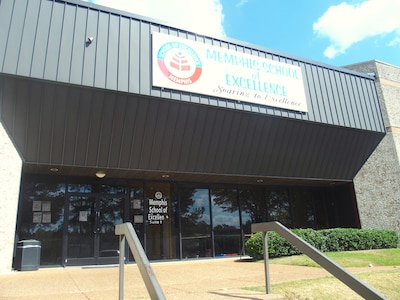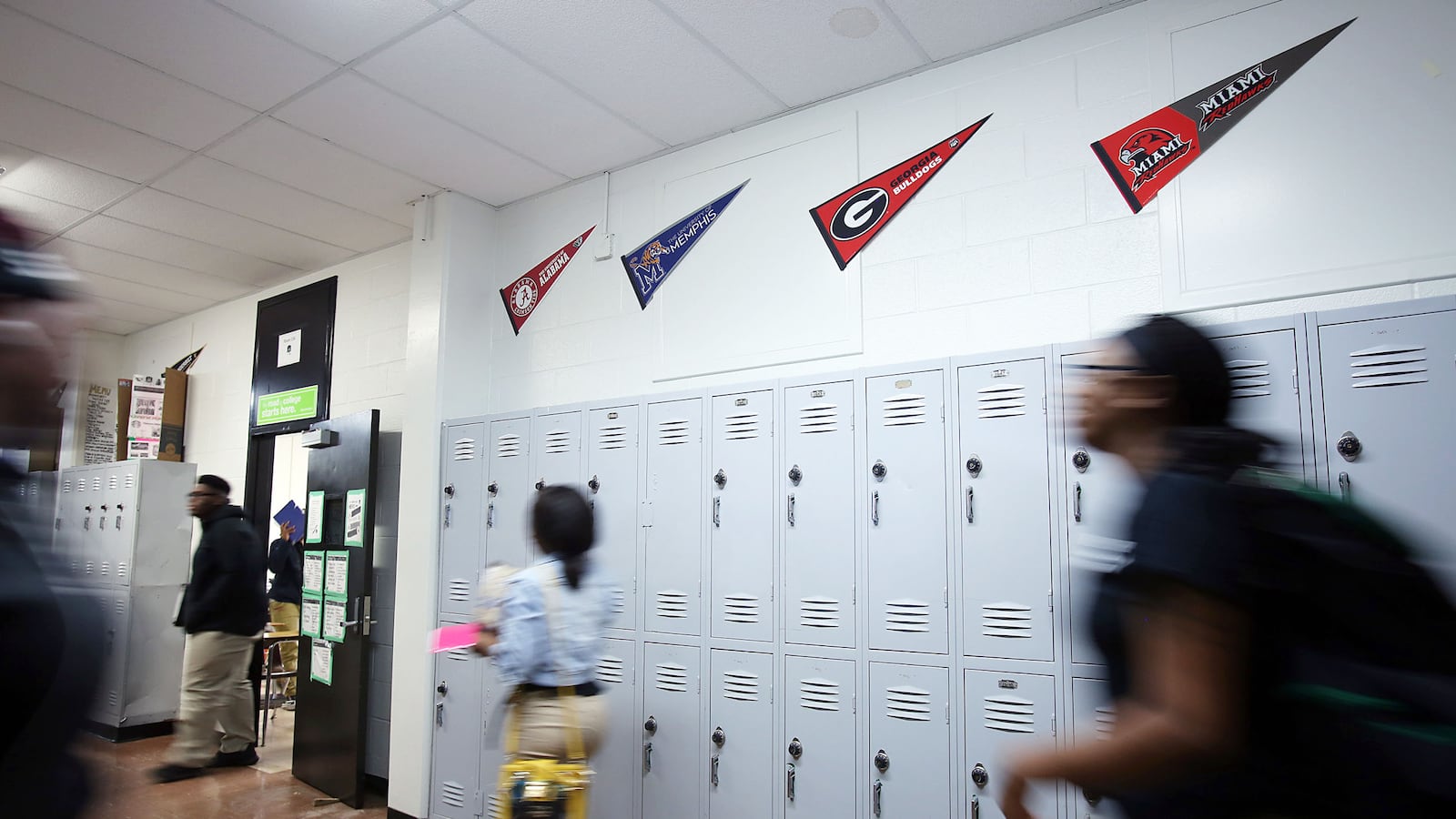Update Nov. 15, 2019: The State Board of Education voted to approve the staff recommendations outlined below.
State officials are recommending that one Memphis charter school applicant be allowed to open its proposed school, a ruling that would overturn the local school board’s September vote against the school and challenge part of the board’s new charter policy.
Beacon College Preparatory, an elementary school with a new charter operator proposed for the Raleigh area, was one of four schools appealing local school board denials, and the only one of the four whose appeal garnered support from Tennessee State Board of Education Executive Director Sara Morrison.
The Gentlemen and Ladies STEM Academy, Green Dot Public Schools, and Memphis School of Excellence also appealed their denials from the local school board, but the state recommended those denials be upheld. Freedom Preparatory Academy initially appealed the local board’s denial, but rescinded its petition last month.
State board members are scheduled to vote on the recommendations Friday.
Shelby County Schools officials denied Beacon’s application in September solely based on a new charter school policy that in part seeks to limit charter school growth in neighborhoods the district deems are too “saturated” with schools. That district policy, approved in July, was created with input from local charter school leaders over the course of two years. The Memphis district oversees 57 charter schools, by far the most in Tennessee. Local school board members often lament how charter schools drain local finances and have sought to slow the burgeoning sector’s expansion in recent years.
The state board’s staff recommendation to overturn the school board’s vote on Beacon College Preparatory jeopardize the district’s future use of its policy of evaluating charter school applications based on where they want to open.
Morrison cited a state rule that allows local boards to create “additional priorities” in assessing a charter school application, but prohibits that denial to be solely based on those priorities.
“This decision making process does not align with the [state’s] Quality Authorizing Standard that states, ‘a quality authorizer makes authorizer decisions that will result in positive student outcomes, in accordance with state law,’ ” Morrison’s recommendation said.
According to Morrison’s recommendation, district leaders hoped the state board would see the new policy as a “lens” the district’s review team uses to interpret the state’s existing rubric for evaluating a charter school’s proposed enrollment.
If Beacon College Preparatory is allowed to open, Shelby County Schools would have 30 days to decide if it wants to oversee the charter school. Otherwise, the state board would authorize the school, which would make Beacon the second state-authorized charter school of its kind in Memphis.

The local school board also denied Memphis School of Excellence’s application to open a middle school in its existing network based solely on the new policy, but Morrison recommended upholding the decision to deny the application for different reasons. She commended the charter network for its high school record and financial model, but worried about the network’s test scores for middle school math and ability to keep up with student demands for special education, behavior intervention, and English language learner services as the group seeks to expand.
“Although the network has sustained higher ACT scores than the resident district for three years in a row, and a higher graduation rate than both the district and the state since 2014, there is not yet enough evidence that MSE’s existing middle school academic program will result in the proficiency or growth worthy of replication,” her recommendation said.
The Memphis school the state board currently oversees is run by Green Dot Public Schools, a repeat applicant to Shelby County Schools. Morrison said she believed the California-based charter network could improve academics at its current schools, but said “uncertainty of the network capacity to open a sixth school as well as concerns regarding past performance” prompted her to recommend upholding the district’s denial.
For The Gentlemen and Ladies STEM Academy, also a repeat applicant, Morrison said the proposal “failed to provide sufficient evidence” in all areas of the state’s rubric including for academics, finances, and operations.

